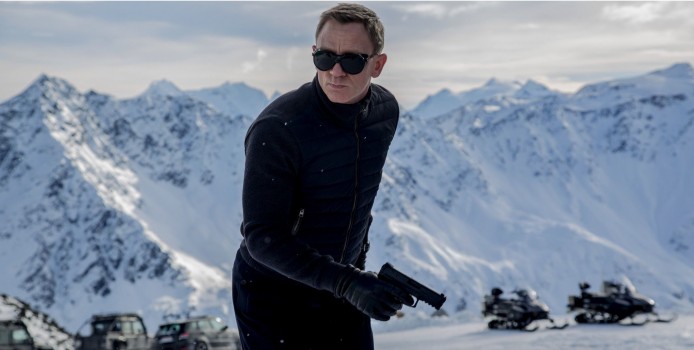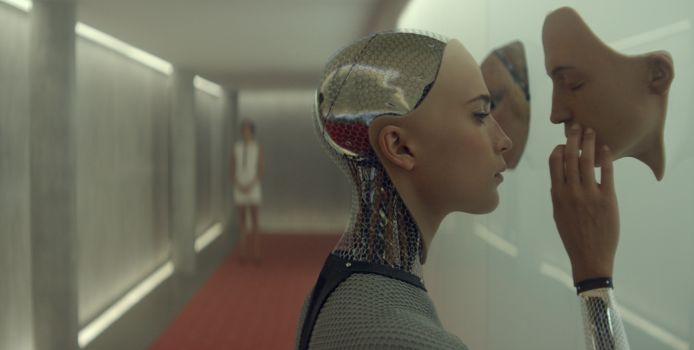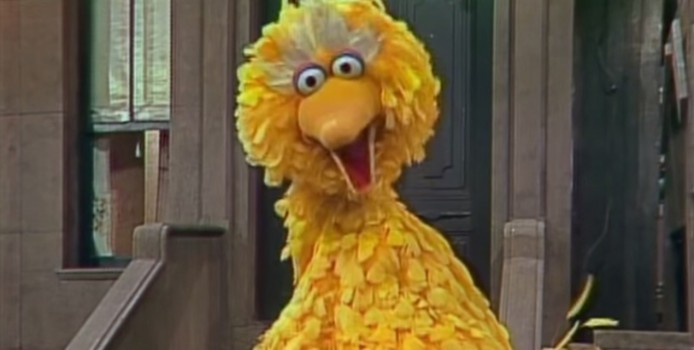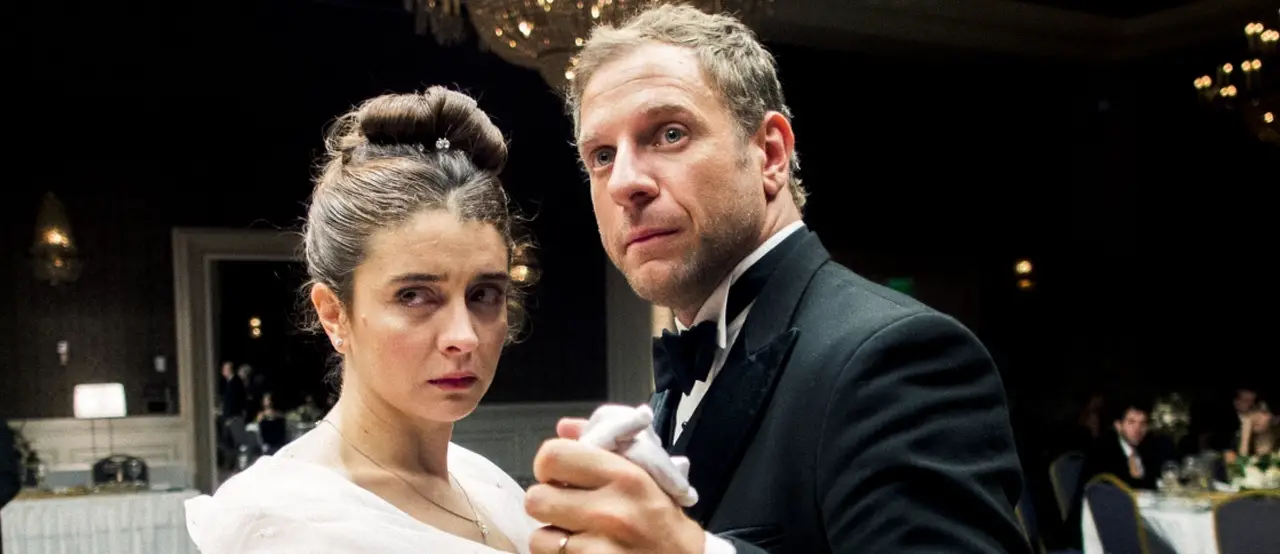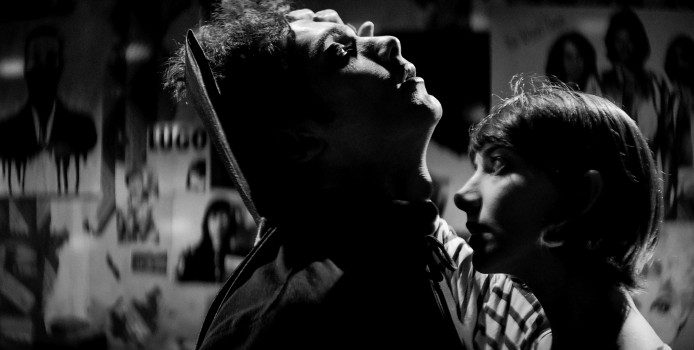
About 20 minutes into A Girl Walks Home Alone at Night, the local drug dealer, Saeed (Dominic Rains), takes a girl (Shelia Vand) back to his flat. His place is pretty pimped out. Think a toned-down version of Alien’s crib in Spring Breakers – the mounted animal heads, the fur carpets and nice furniture, the suitcase filled with drug money and coke lined up on the glass table next to it.
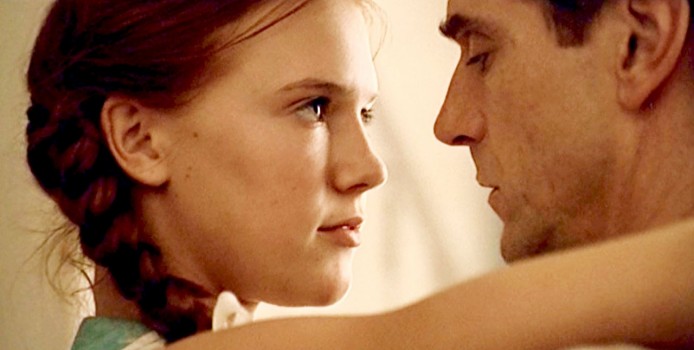
In cinema, age-gap relationships have been forever on display, from Humphrey Bogart and Lauren Bacall to those seen throughout Woody Allen’s cinematic adventures (including his most recent Magic in the Moonlight). The age-gap relationship often takes the form of an older man and a younger girl, though there are the exceptions (take a look at The Graduate). Aside from the problematic conventions of the leading men ageing and the women remaining youthful in looks and spirit, the age-gap film poses questions about sexuality that mainstream Hollywood often shies away from.

We all know that mainstream Hollywood loves making movies about show business. Heck, there was an article on this very website recently that outlined the Academy’s obsession with rewarding movies that either celebrate or send-up the showbiz lifestyle. Clouds of Sils Maria is a very different take on that same subject.
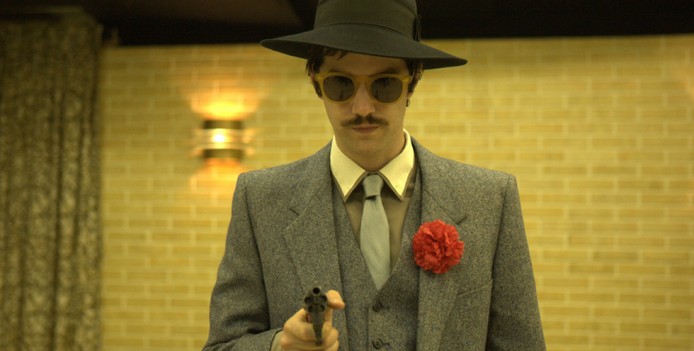
Electric Slide is based on the life of the bank robber Eddie Dodson. Originally a furniture salesman, Dodson found fame in 1983 when he robbed a number of banks – 64 banks in 9 months to be exact. Directed by Tristan Patterson (his first fiction feature film), it stars Jim Sturgess as Dodson and Isabel Lucas as his girlfriend Pauline.

The New York Film Academy have kindly asked for Film Inquiry to discuss and respond to their new infographics. With one of their topics being on gender inequality in cinema (seen below and also found here), I was instantly drawn to writing this article because the issue is very close to my heart, alongside the fact that I would like to go into the cinematic industry when I am older. Will my gender affect my chances of having a job in this male-dominated industry?
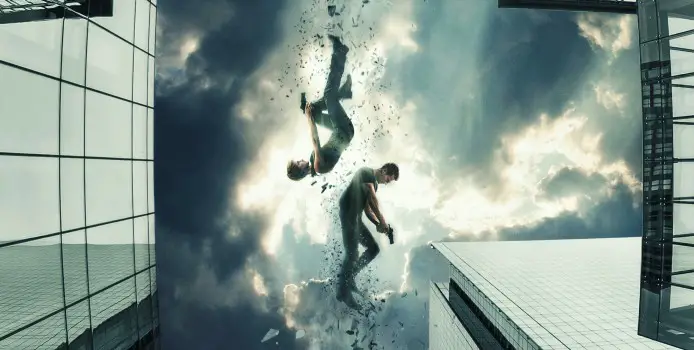
I had read Veronica Roth’s Divergent before the adaptation sauntered onto cinema screens, heralded as the next The Hunger Games, and what I discovered was that I preferred the film to the book. There was more action on show, and I felt that the film fixed many of the things I found problematic with the book’s narrative. So when I discovered that the book of Insurgent didn’t impress, I decided to bypass it and wait for the film.

Lately, I’ve been looking for something lacking in blood and guts to review, and this trailer meets all of my needs. It’s something sweet, a nice story of two souls finding each other without sex or romance involved. Best of all, it’s real or at least marginally real since there tends to always be fluff in this type of film in order to bait people.
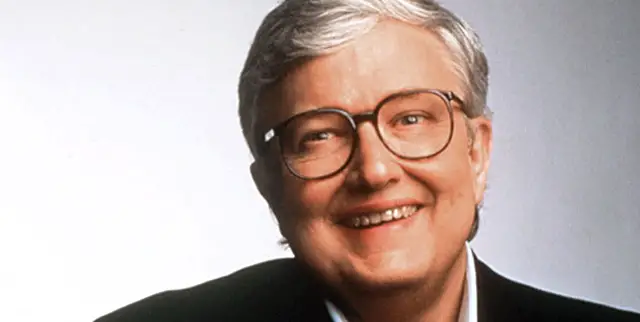
Life Itself is a superlatively crafted documentary that gives a compelling, poignant insight into Roger Ebert, while also delving into the subject of film criticism and its relationships with the film industry. When I want to see a film’s critical reception, I head for Rotten Tomatoes rather than IMDB, because the latter is saturated with fan-boys and uninformed opinion. Rotten Tomatoes introduced me to many different critics who wrote for reputable sources such as The Guardian, The New York Times and The Telegraph, but time and again I was drawn to the small thumbnail image of a white haired, bespectacled man who wrote for the Chicago Sun-Times.


